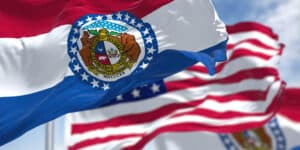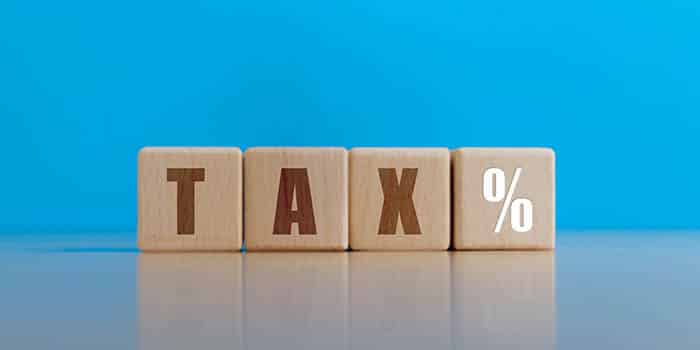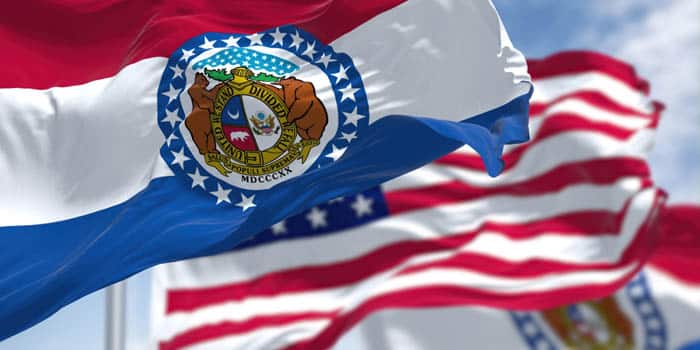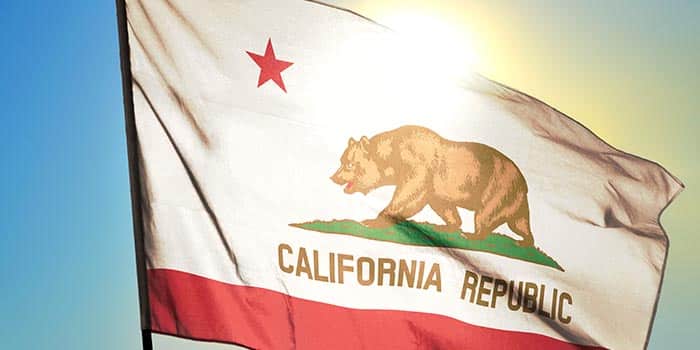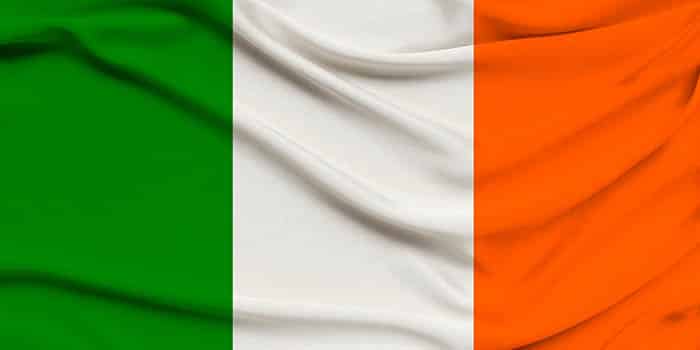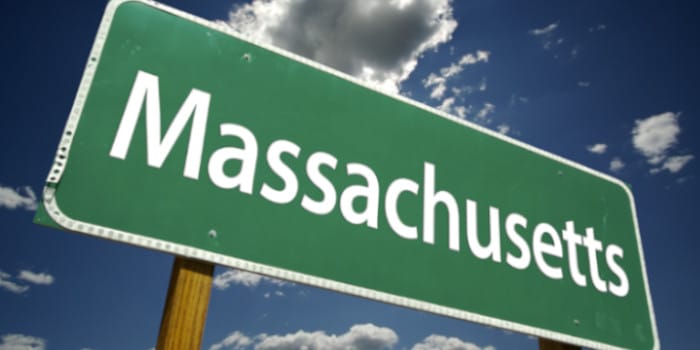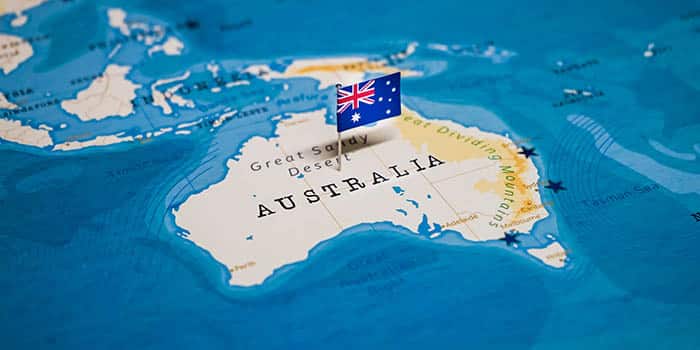Fact-checked by Velimir Velichkov
ANJL Answers Claims Bettors Sacrifice Household Expenses to Play
Brazil’s National Association of Games and Lotteries has answered claims that bettors are funding their habits using money needed for food and medical expenses
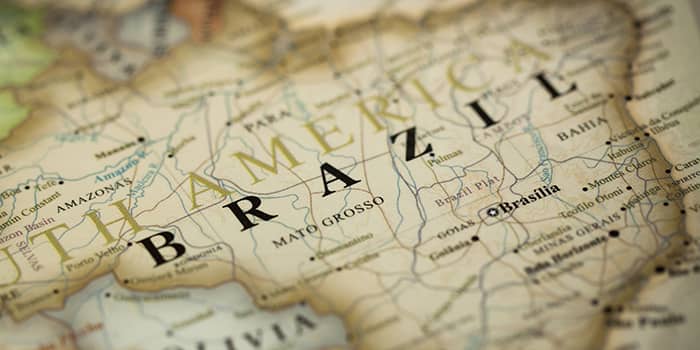
At the start of the week, we reported the president of the Brazilian Federation of Banks, Isaac Sidney, asked the government to speed up the ban on using credit cards to place online bets, reiterating the growing concerns regarding problem gambling in the country.
On the same day, the country’s betting trade body, the National Association of Games and Lotteries (ANJL), published an open letter answering claims that Brazilian players were irresponsibly spending money they should use on buying food, clothes, and medication to gamble.
The content of the open letter addressed a July study on 1,337 people issued by the Brazilian Society of Retail and Consumption (SBVC).
Out of the sample size, only 508 of the respondents had gambled in the past.
63% of Bettors Had Their Salaries “Compromised by Gambling”
The study alleged 63% of the people who gambled online considered their salary was “compromised by gambling.”
Plus, according to findings of the same study, 23% of Brazilians who spent part of their salary on gambling on a monthly basis had stopped buying clothes, while 19% of them had stopped buying groceries from supermarkets.
Moreover, the same controversial survey which quickly led to the national media expressing criticism toward the betting industry, claimed that 11% of regular gamblers spent less on healthcare and medication.
ANJL Hits Back With Household Consumption Statistics
The representative of top local operators including Betnacional and Aposta Ganha replied to the study with data from the Brazilian Institute of Geography and Statistics (IBGE).
According to the IBGE, household consumption expenditure in Brazil has gone up by 4.9% on a YOY basis and by 1.3% in the second quarter compared to the first quarter of 2024.
The expenditure, as per the Organisation for Economic Co-operation and Development’s definition, covers all purchases made by resident households as a means of meeting “everyday needs, including food, clothing, rents, energy, transport, health, leisure” and miscellaneous services.
According to ANJL, those who criticize the gambling sector do it unfairly, ultimately encouraging operators on the black market and “working against regulation.”
ANJL Calls the Claims “Unfounded”
Moreover, in its open letter, the ANJL described the claims that the betting industry was “responsible for a supposed reduction in consumption or an increase in the level of debt” as “unfounded.”
The body also reiterated that the sector had not ignored the few gambling addiction cases that had been reported, mentioning the “awareness and education campaigns” organized by operators meant to send out the message that “online gaming and sports betting should be considered forms of entertainment and not a source of income.”
ANJL also emphasized its unaltered commitment to safer gambling practices in the context of concerns regarding the rise of the black market with a growing number of unlicensed betting platforms as regulatory changes are still pending.
Brazil will launch its regulated market in January 2025. The ANJL believes the official opening of the market will offer players a safe environment “with clear rules and punitive measures.”
The body, launched in March 2023 with the purpose of defending the interests of the sector, also acknowledged the delays that have led to a boost in the number of “adventurous bookmakers” who are not committed to integrity and responsibility.
Last week, we announced that the São Paulo Ministry of Finance targeted a series of games offering unrealistic returns.
The measure was aimed at restricting alleged predatory games including Fortune Dragon, Fortune Tiger, and other slots and casino games in an effort to protect players from excessive gambling.
After finishing her master's in publishing and writing, Melanie began her career as an online editor for a large gaming blog and has now transitioned over towards the iGaming industry. She helps to ensure that our news pieces are written to the highest standard possible under the guidance of senior management.

